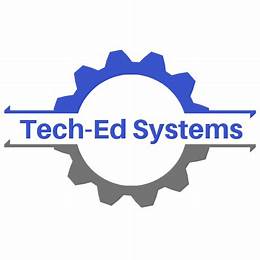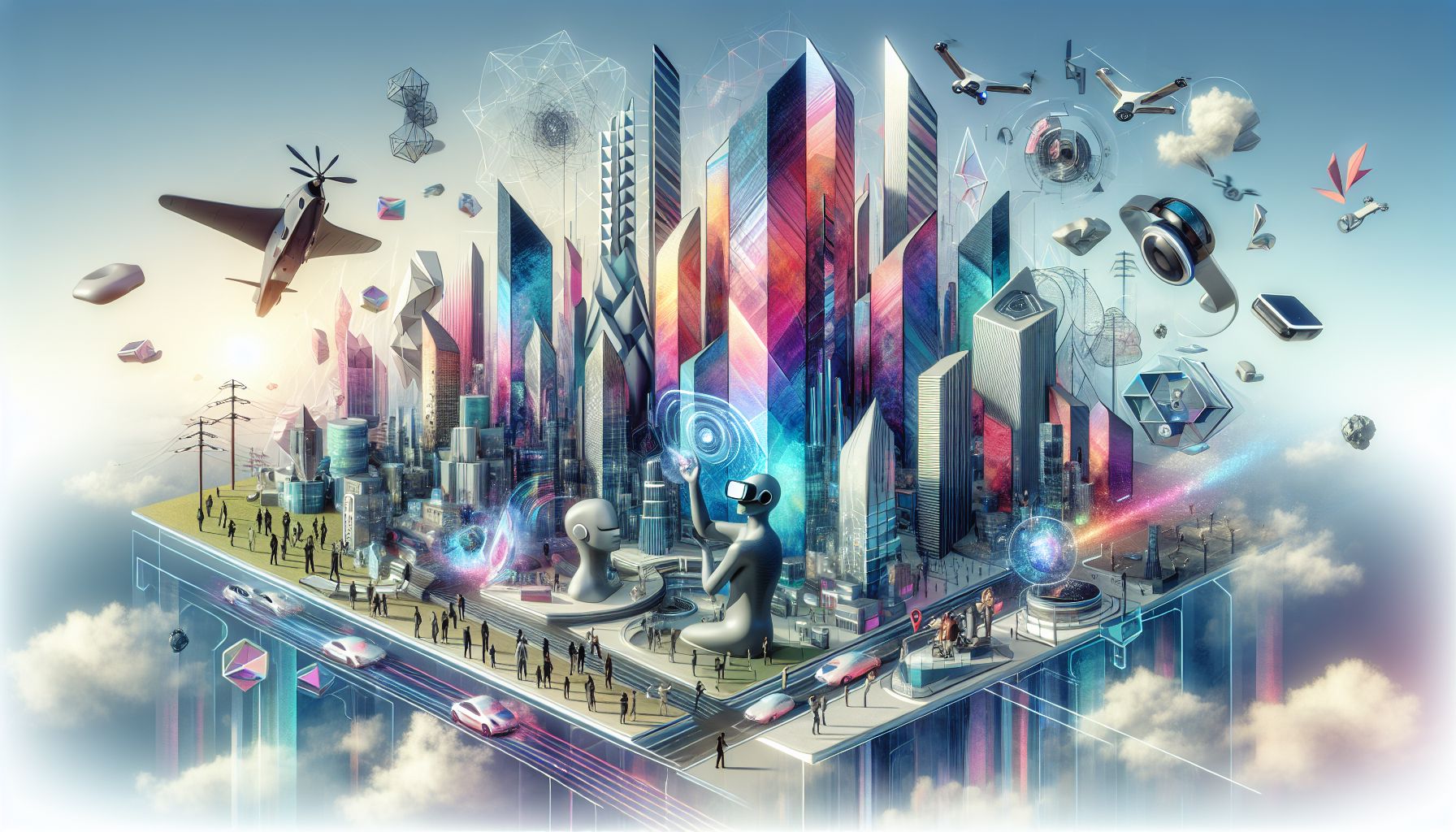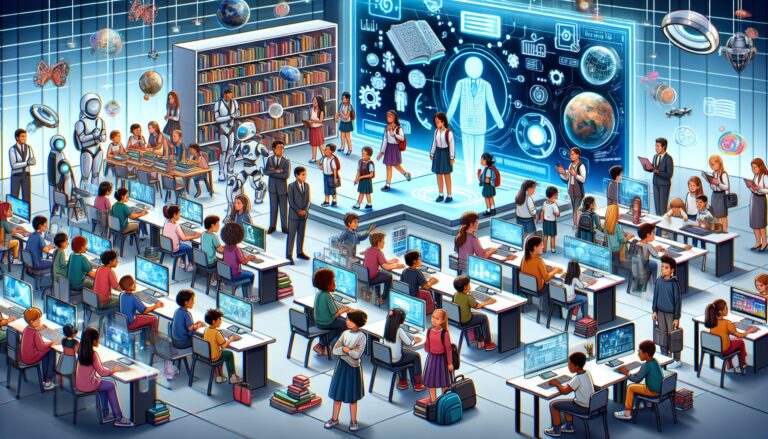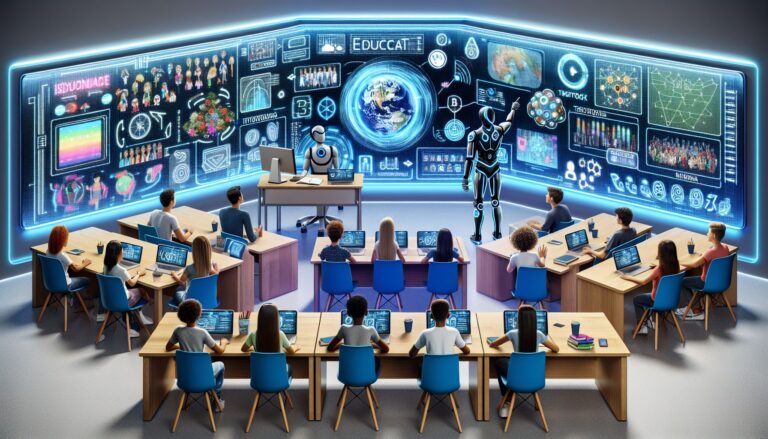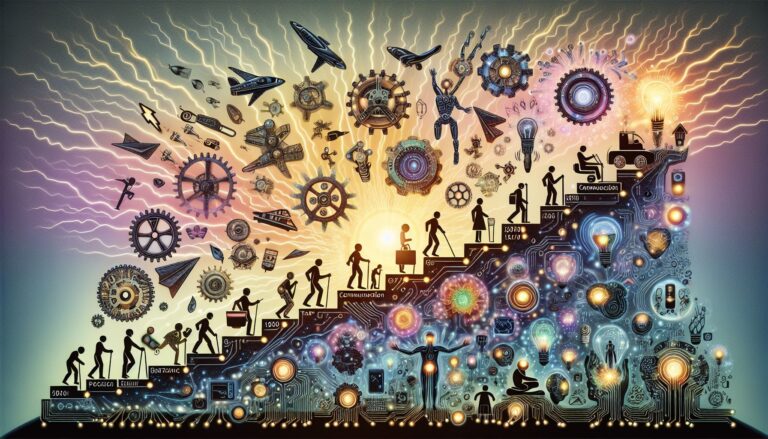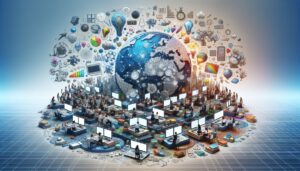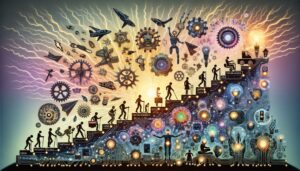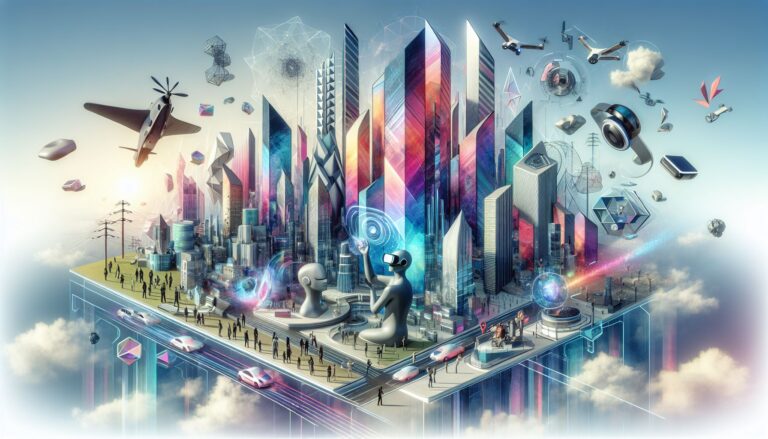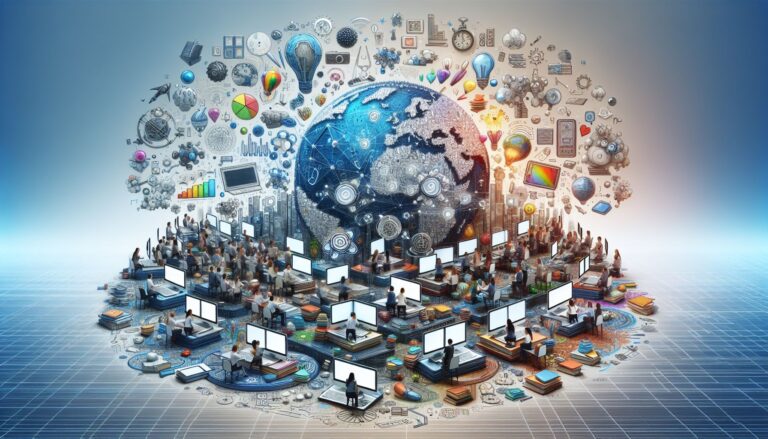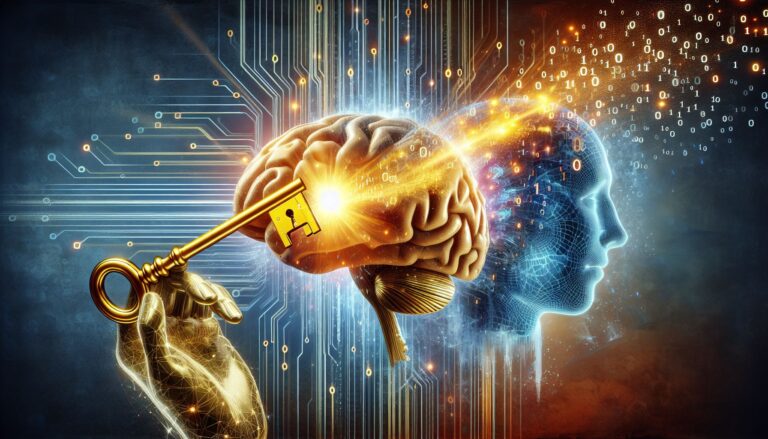We live in a transformative era where technology relentlessly revolutionizes lifestyles, industries, and perhaps most crucially, our perception of reality itself. Only a few decades ago, the wonders of voice recognition, autonomous vehicles, and virtual environments resided in the realm of science fiction. Now, they are but a snapshot of our modern world’s various technologically driven narratives. As these advancements emerge, they bring with them profound societal changes, promising immense benefits, and posing new ethical quandaries.
The realm of artificial intelligence (AI) has burgeoned into one that not only enhances productivity but also redefines human relationships with machines. The advent of AI-driven assistants that can understand natural language and provide personalized experiences was once a mere fantasy, yet today, they are integral in businesses and homes. As these systems learn to mimic human behavior more closely, their integration into the fabric of society raises both incredible prospects and potential threats, from the disruption of job markets to concerns about privacy and autonomy.
Biotechnology, too, is at the cusp of altering the core of human existence. CRISPR-Cas9, a gene-editing tool, has opened avenues for potentially eradicating genetic diseases, paving the way for a healthier future. This level of control over the genetic code brings moral implications to the forefront. The idea of ‘designer babies’ is fraught with ethical considerations, questioning the principles of equity and the natural essence of human life.
On a global scale, blockchain technology promises to redefine trust and security in transactions. Its capability extends beyond cryptocurrencies, offering a decentralized ledger system making inroads into supply chain management, intellectual property rights, and even voting mechanisms. This technology has the power to create transparent systems for all manner of engagements but also poses risks such as contributing to a digital divide or prompting shifts in power dynamics.
The ever-increasing acceleration of technological innovation necessitates a collective exploration of the fine line between advancement and the preservation of human values. Society must contend with the changes brought by autonomous systems that may outperform human capabilities, the ethical use of biotechnology, and the impact of decentralized networks on existing structures. The conversation must revolve around ensuring these technologies do not exacerbate inequality but rather act as tools for building a more inclusive and equitable future.
In conclusion, the trajectory of technological evolution is undeniably upward and exponential. As we move forward, the parameters of learning and education have shifted seismically. Technology in the classroom, once an occasional supplement, is now indispensable, crafting an educational sphere where digital literacy is as vital as traditional literacy. Looking to the horizon, the fusion of AI, virtual reality, and adaptive learning platforms may soon render the traditional classroom unrecognizable.
The innovations of today will draw the blueprint for the institutions of tomorrow. Education, much like every aspect of our lives, is being inexorably changed by the relentless march of technology. Grasping the reins of this change requires us to question and guide it towards a future where learning is not only about information absorption but also about ethical and critical thinking. This will prepare future generations to not only survive but thrive in the new world that technology is unerringly creating.
